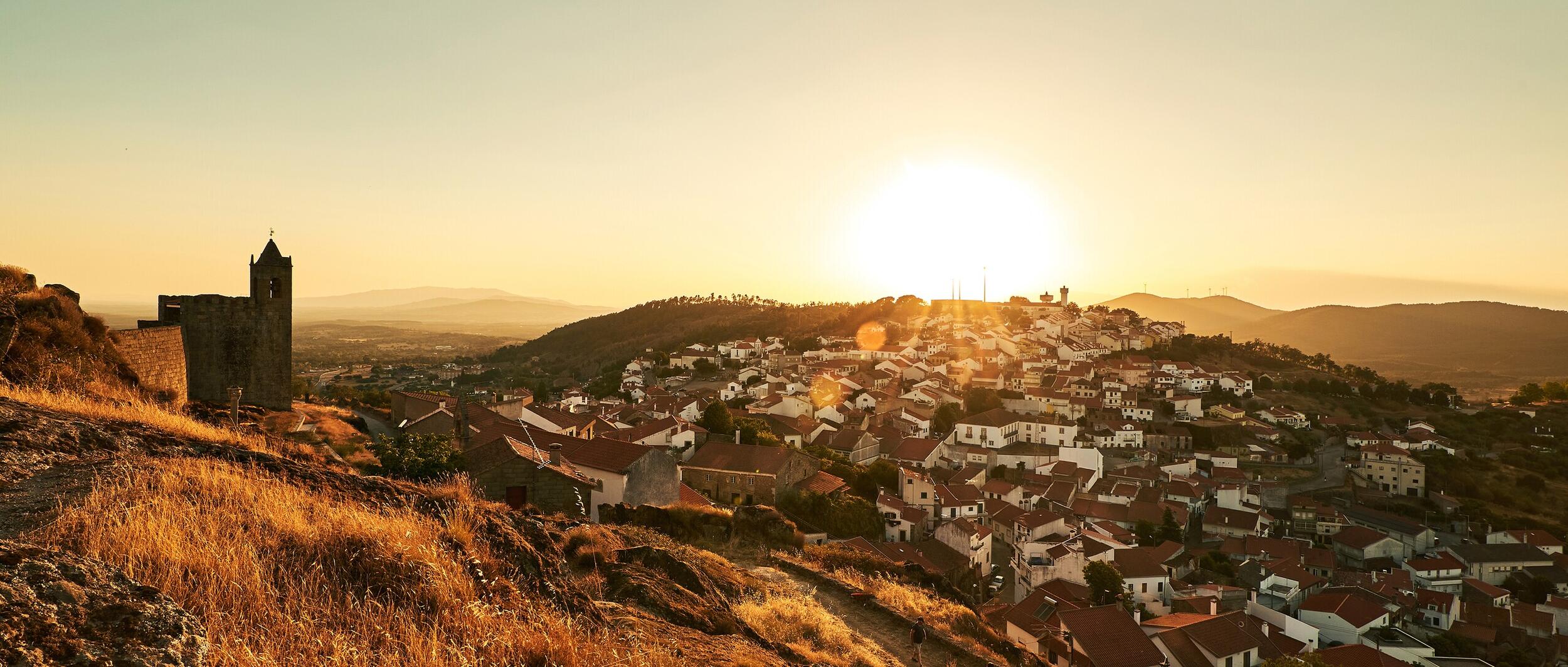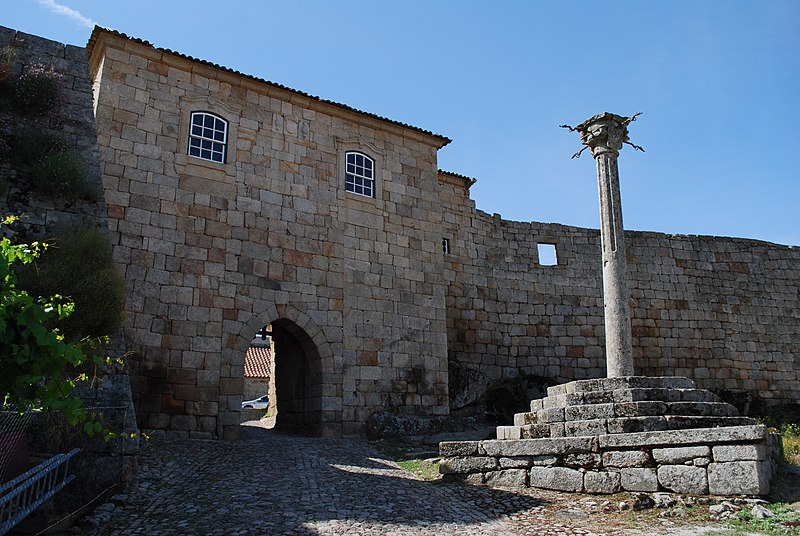According to one of the local legends, the name of the village will originate from an outlaw who will have lived here, named "Macôr". This robber lived in a cave they named Penha. Over time, the name became adulterous and became pena, thus becoming the land to be known as Penha de Macôr or Pena Macôr. According to another version, a fierce struggle between its inhabitants and robbers caused so much bloodshed and so bad color, that the village was known as Penha of bad color.
The most remote traces of the occupation of the territory point to pre- and proto-historical horizons, with archaeological remains scattered throughout several sites of the current concelhia area. When the Roman legions arrived, they came across the resistance of the Lusitanians, embattled tribes who lived essentially from pastoralism. The romanization process has left obvious marks throughout the region.

In political and military terms, Penamacor's position would become of particular relevance over several centuries, in the context of relations with the neighboring kingdoms of León, Castile and Spain, being frequent stage frequency of military movements , especially in acute periods of our history, such as the wars of the restoration of independence and the French invasions.
Today, Penamacor is a village full of reasons to visit. Encased in a natural landscape of extreme wealth, invites tourists and inhabitants to observe the sunset, the discovery of the Natural Reserve of Serra da Malcata or the visit of the architectural heritage that tells the history of the municipality and the people who passed through here.
At Christmas, today the tradition of burning the wood, around which the population gathers around a large bonfire, giving a touch of magic to the village at this time of year and offering Penamacor another reason to visit.

The traditional gastronomy of Penamacor is the result of locally produced products, and a reflection of the eating of other times, when soups based on potatoes, cabbage, beans and chickpeas guided the daily food, interspersed with feed of the preserve in pork brine, and sausages. Fresh meat, poultry, goat or goat, sheep or lamb, most rarely cow meat, baked in the wood oven, stewed or stewed in iron pots were reserved for some extraordinary event or for the festive seasons.
From the slaughter of the pig, according to the localities, resulted rice dishes of bloody meats - the rice of the smoky, suã or cevã-, lobes of boiled soventre, roasted fressura and roasted or stewed febras.
Cheese, pickled olives, bacon, sausages and, more rarely, ham served to accompany the bread, traditionally baked in community ovens. The sweets revolved around the milk, with which milk cakes, sweet rice and porridge were made.
Penamacor is a municipality with several infrastructures of services and leisure, such as the thermal pools, municipal swimming pools and campsite to serve its inhabitants and visitors with greater comfort and convenience.
Located near the border with Spain, the municipality is served by roads that connect you both to the neighboring country, as well as to the important district headquarters of our country. Although limited, there are free public transport sparking the parishes of the county for the use of their inhabitants.
Source: Penamacor Town Hall